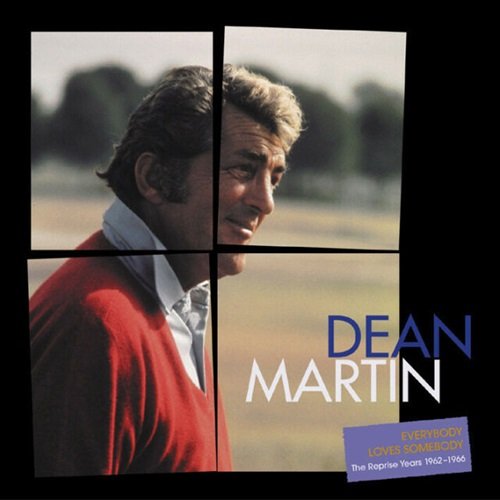The Fred Hersch Trio - Sunday Night At The Vanguard (2016)
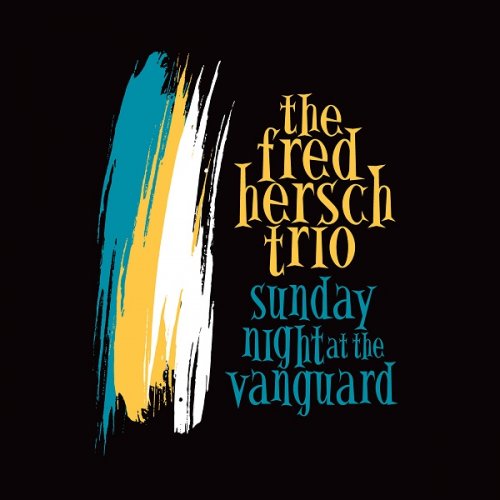
Artist: The Fred Hersch Trio
Title: Sunday Night At The Vanguard
Year Of Release: 2016
Label: Palmetto Records
Genre: Jazz
Quality: Mp3 / 320kbps
Total Time: 68:00 min
Total Size: 155 MB
WebSite: Album Preview
TracklistTitle: Sunday Night At The Vanguard
Year Of Release: 2016
Label: Palmetto Records
Genre: Jazz
Quality: Mp3 / 320kbps
Total Time: 68:00 min
Total Size: 155 MB
WebSite: Album Preview
--------
01. A Cockeyed Optimist
02. Serpentine
03. The Optimum Thing
04. Calligram
05. Blackwing Palomino
06. For No One
07. Everybody's Song But My Own
08. The Peacocks
09. We See
10. Solo Encore: Valentine
Reach up to the CD shelf and pull a handful of Fred Hersch CDS down. You'll find that the pianist has a good thing going with the Village Vanguard. Alive At The Vanguard (Palmetto Records, 2012) a stellar two CD set, and terrific solo set, Alone At the Vanguard (Palmetto Records, 2011), are Hersch's most recent recordings from the legendary venue; and now he and his trio offer up Sunday Night At the Vanguard. Hersch says this is his best trio album. Almost every artist says that about their latest that this one's the best. But he might be right. The vote here would have gone to a studio recording, Whirl (Palmetto Records, 2010), a marvelous in-the-zone effort with this same trio John Hebert on bass, Eric McPherson playing drums until Sunday Night At The Vanguard rolled around. The trio opens with Richard Rodgers' "A Cockeyed Optimist," which is not exactly a familiar tune, in spite of its authorship. But as an opener it works to perfection, with a silvery, raindrop intro that finds a quirky groove that paints an upbeat atmosphere, with a bright melody that sounds like a second cousin to "It Might As Well Be Spring."
"Serpentine," a Hersch original, is a wandering slither of a tune, unpredictable and spooky, lovely in its fluid, abstract way; "The Optimum Thing" sparkles; and "Blackwing Palomino," maybe the only jazz tune ever written for a pencil, has the feel of a new jazz standard. Hersch's output has been consistently excellent, but sometimes as on this special Sunday Night the stars align. The trio, from the opening notes of "The Cockeyed Optimist," is locked into and to a telepathic interplay zone playful and eloquent, elegant and assured. The Lennon and McCartney gem, "For No One," has the forlorn desperation of the song's lyrical content. The Beatles' version a masterpiece in its own right didn't take things to this dark of a place. Kenny Wheeler's "Everybody's Song But My Own" rolls in a restless, jittery mode. "The Peacocks," from the pen of Jimmy Rowles, is pensive, lonely. Hersch explores an almost unmatchable majesty of the tune, with a bit of dissonance, before he jumps into Thelonious Monk, with "We See," an irrepressible jewel, followed as an encore to the show the Fred Hersch-penned "Valentine," one of the more inward tunes in Hersch's songbook, counterpointing a mostly gregarious, effervescent set by one of the jazz world's top piano trios at the top of their game. ~ Dan McClenaghan
Personnel: Fred Hersch: piano; John Hebert: bass; Eric McPherson: drums.
"Serpentine," a Hersch original, is a wandering slither of a tune, unpredictable and spooky, lovely in its fluid, abstract way; "The Optimum Thing" sparkles; and "Blackwing Palomino," maybe the only jazz tune ever written for a pencil, has the feel of a new jazz standard. Hersch's output has been consistently excellent, but sometimes as on this special Sunday Night the stars align. The trio, from the opening notes of "The Cockeyed Optimist," is locked into and to a telepathic interplay zone playful and eloquent, elegant and assured. The Lennon and McCartney gem, "For No One," has the forlorn desperation of the song's lyrical content. The Beatles' version a masterpiece in its own right didn't take things to this dark of a place. Kenny Wheeler's "Everybody's Song But My Own" rolls in a restless, jittery mode. "The Peacocks," from the pen of Jimmy Rowles, is pensive, lonely. Hersch explores an almost unmatchable majesty of the tune, with a bit of dissonance, before he jumps into Thelonious Monk, with "We See," an irrepressible jewel, followed as an encore to the show the Fred Hersch-penned "Valentine," one of the more inward tunes in Hersch's songbook, counterpointing a mostly gregarious, effervescent set by one of the jazz world's top piano trios at the top of their game. ~ Dan McClenaghan
Personnel: Fred Hersch: piano; John Hebert: bass; Eric McPherson: drums.
IsraCloud : Download
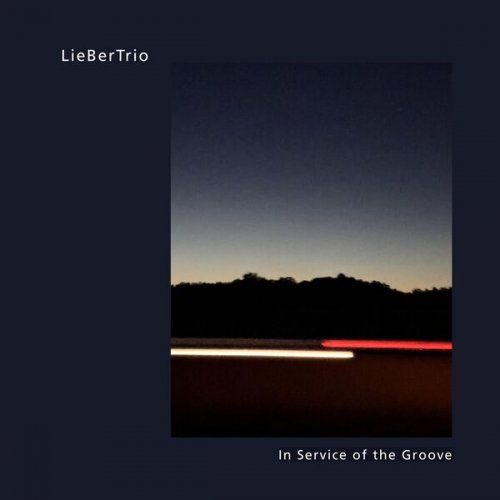
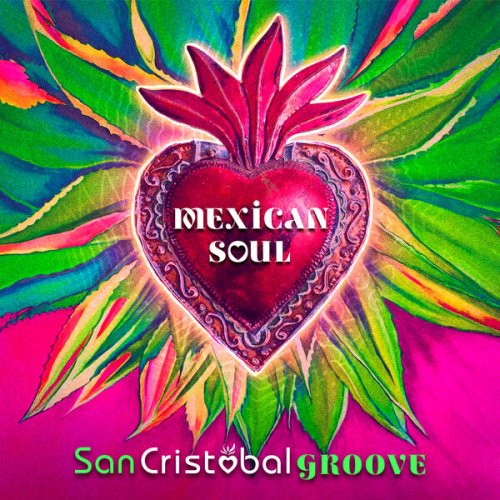
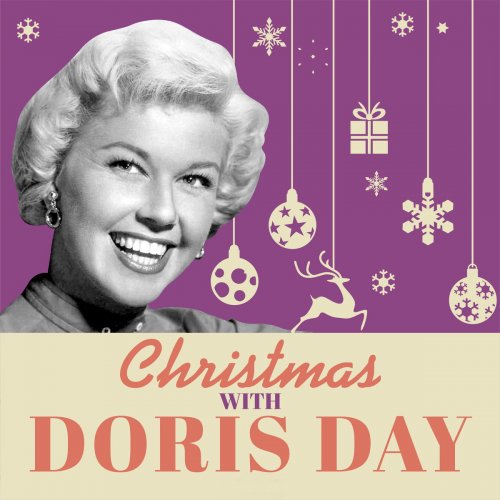
![Rachel Kitchlew, SFJ - Flirty Ghost (2025) [Hi-Res] Rachel Kitchlew, SFJ - Flirty Ghost (2025) [Hi-Res]](https://www.dibpic.com/uploads/posts/2025-12/1765896408_qvf41hr1ljj8a_600.jpg)
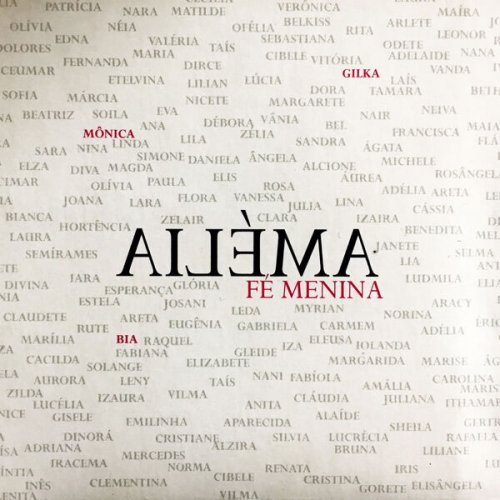
![Nābu Pēra - Soundscapes of Nicosia (2025) [Hi-Res] Nābu Pēra - Soundscapes of Nicosia (2025) [Hi-Res]](https://img.israbox.com/img/2025-12/14/lhs20jten1ip5ht0uibyjocfe.jpg)
![Chewing, Dave Harrington, Ryan Hahn, Spencer Zahn - Quintet (Live in Los Angeles) (2025) [Hi-Res] Chewing, Dave Harrington, Ryan Hahn, Spencer Zahn - Quintet (Live in Los Angeles) (2025) [Hi-Res]](https://img.israbox.com/img/2025-12/12/owakjkfg0whflv2rzyocno89p.jpg)
